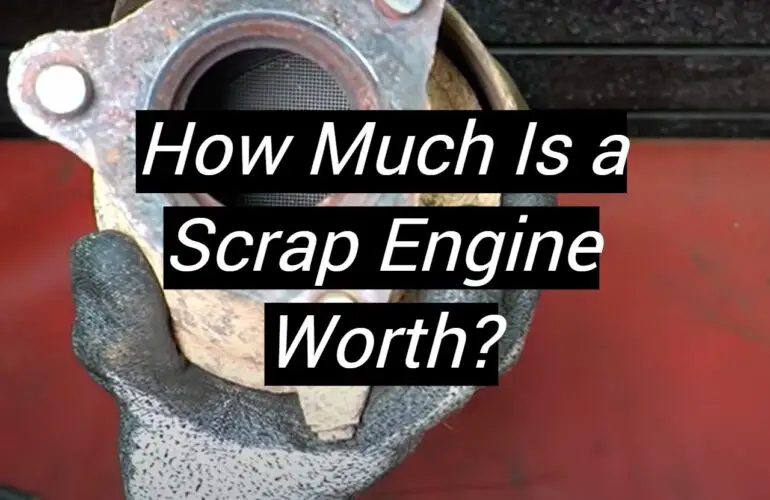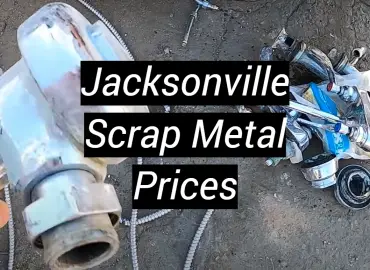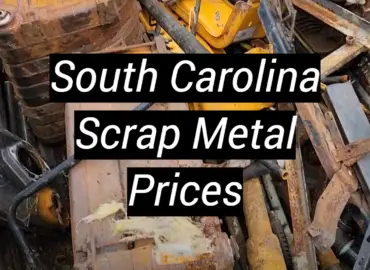In vehicle ownership and repair, understanding the value of various car parts is essential. One crucial component that often raises questions is the scrap engine. Whether you are a car enthusiast trying to sell a scrapped vehicle or a mechanic wondering about engine recycling, you should know how much a junk engine is worth. Dive into this informative piece to better understand the monetary worth of a scrap engine and make informed decisions for your automotive endeavors.
What is a scrap engine?
A scrap engine refers to an engine that is no longer operational or in working condition and is deemed beyond repair. It may be the result of severe damage, wear, and tear, or obsolescence, rendering it ineffective for its intended purpose. These engines are typically removed from vehicles or machinery and are sold as salvage or scrap.
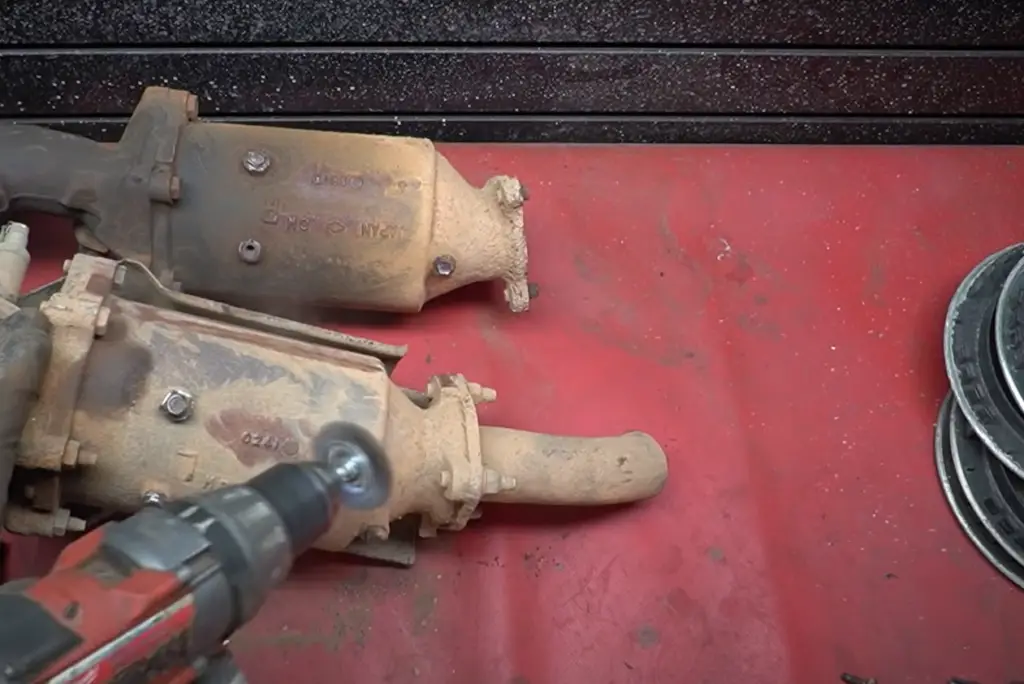
Scrap engines can be composed of various metals, such as steel or aluminum, and may contain valuable components that can be recycled or repurposed. It is important to note that scrap engines should be handled and disposed of properly to minimize environmental impact and adhere to local regulations.
Why would people want to know its worth?
Scrapping a car can be a great way to make some extra money, but it can be difficult to know what the scrap engine value of your car is. Knowing this information can assist you in making a knowledgeable choice about whether to sell it as scrap or seek a buyer for parts. Here’s why people might be interested in knowing a scrap engine’s value [1]:
- To maximize profits: Knowing your car’s scrap engine value might assist you in maximizing your profits when selling it as scrap. Knowing the engine’s exact worth will provide you with an accurate estimate of how much money you can expect to make from the sale;
- To avoid overpricing: Knowing your car’s junk engine value might also help you avoid overpricing your vehicle while hunting for a buyer. By knowing the exact value of the engine, you can make sure you are not asking for too much money;
- To evaluate parts: Understanding the scrap engine value of the vehicle can also help you determine the worth of any pieces you want to sell. If you are looking to sell specific items, the scrap engine value can give you an idea of how much they are worth and how much you should be charging for them;
- To determine salvage value: Assessing your car’s scrap engine price might also assist you evaluate its salvage value. If the car is beyond repair, the scrap engine value can be used to estimate how much revenue you can expect to obtain from salvaging it;
- To estimate scrap fees: Knowing the scrap engine value of your car can also help you estimate the scrap fees involved. Depending on the state of the engine, you may have to pay a charge to scrap the vehicle, and the scrap engine value might help you decide how much funds you’ll need.
How much is an engine block worth in scrap?
Engine blocks have a range of values when recycled for scrap, depending on several factors such as age, condition, make and model, and current market demand. Knowing these factors can help you get the most for your engine block when you’re ready to recycle it [2]:
Age and condition
The scrap value of an engine block depends on its age. Older engine blocks, which are more corroded and worn out, may fetch a lower scrap value. However, newer engine blocks with less wear and tear can have a higher scrap value.
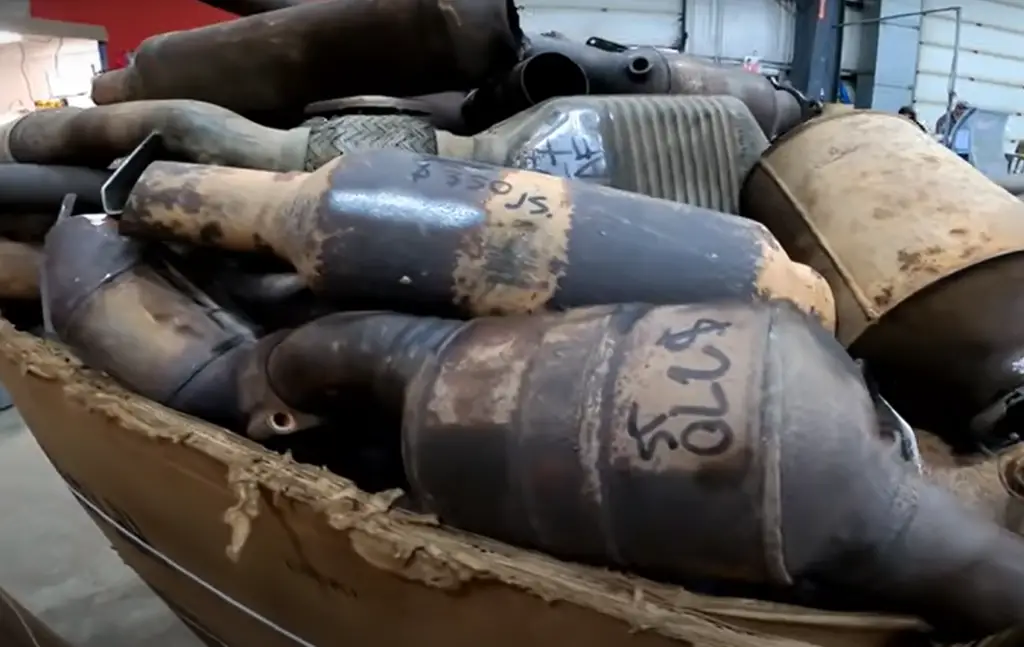
In addition, engine blocks that are in good condition, have fewer dents, and are corrosion-free will also have a higher scrap value.
Make and model
The make and model of an engine block affect its scrap value. Some brands and models are costlier to replace. They may fetch higher scrap values. For example, a high-end engine block will likely have a higher scrap value than a standard engine.
Current market demand
The current market demand for an engine block affects its scrap value. Depending on the current demand and market conditions, engines may have a higher or lower scrap value. If there is a high demand for engine blocks, the scrap value may be higher than usual. But if the demand is low, the scrap value may be lower.
By understanding the factors that affect the scrap value of an engine block, you can get the most money for your engine block when you recycle it.
The average price range for scrap engines
Scrap engines are engines that have outlived their useful life and are no longer fit for use in a vehicle. The price of scrap engines can vary widely depending on the type of engine you have, its condition, and the demand for the parts within your area:
Engine types and their worth
Scrap engines can come from different vehicle types, including cars, trucks, SUVs, and motorcycles. The price of a scrap engine depends on the make, model, and condition. Generally, the more valuable and in-demand the engine is, the higher the price.
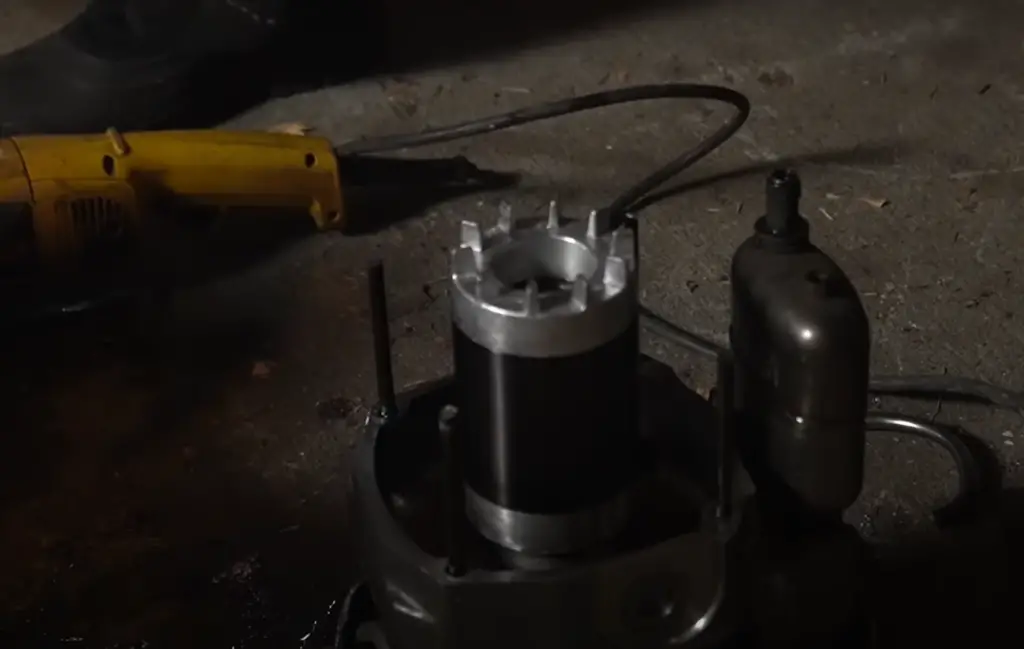
For example, a scrap engine from a popular car model such as a Chevrolet Camaro or Ford Mustang will be worth more than a scrap engine from a less popular vehicle. Another factor that can influence the price of a scrap engine is its condition. A scrap engine in good condition with most of its parts intact will be worth more than one in poor condition and missing several parts.
Examples of Recent Selling Prices for Scrap Engines
The average price range for scrap engines depends on the market.
scrap engines may be worth more than the average price range. For example, a scrap engine from a classic car or a rare model may be worth more, while a scrap engine from a newer model may be worth less.
How to determine the worth of a scrap engine
Determining the worth of a scrap engine can be a tricky process. There are a few steps that need to be followed to ensure you get a fair price [3]:
Searching for engine scrap yards or buyers
The first step in determining the worth of a scrap engine is to find buyers or scrap yards that are interested in purchasing it. You can do it through online searches or by asking local scrap dealers. Compare offers from different buyers to ensure you’re getting the best price.
Requesting quotes and evaluating offers
Once you’ve found a few buyers, it’s time to request quotes and evaluate the offers. To do this, provide the buyers with the engine’s specifications, such as its make, model, and condition. The offers should include the price and any additional fees. Consider each offer carefully, and make sure to compare them side by side to determine which one is the most beneficial.
Considering additional factors like location and transportation costs
You should consider additional factors that may affect the worth of your scrap engine.
You should also factor in transportation costs, as these can add up quickly.How do you get rid of an engine?
There are many ways to get rid of an old car engine. Here are some of the most popular ones [4]:
- Going to the scrap yards: The simplest way to get rid of an engine is to take it to the local scrap yard. Most scrap yards will accept engines for a fee and dispose of them properly. It is important to make sure the engine is completely drained of all fluids before taking it to the scrap yard. Additionally, many scrap yards may require proof of ownership before they will accept the engine;
- Selling it over the Internet: Another option is to sell the engine over the Internet. There are numerous websites dedicated to the buying and selling of used engines. The advantage of this option is that you can potentially get more money for the engine than you would at the scrap yards. You should provide accurate and detailed descriptions of the engine when posting it online, including the make, model, and condition;
- Engines can be reconditioned or remanufactured: Some engines can be reconditioned or remanufactured and resold. This option requires a significant amount of knowledge and skill, as the engine must be completely disassembled and rebuilt. You should also be aware of any local regulations that may apply to the sale of a reconditioned or remanufactured engine.
The top three tips for maximizing the value of a scrap engine
Maximizing the value of a scrap engine is an important part of the process of selling one.
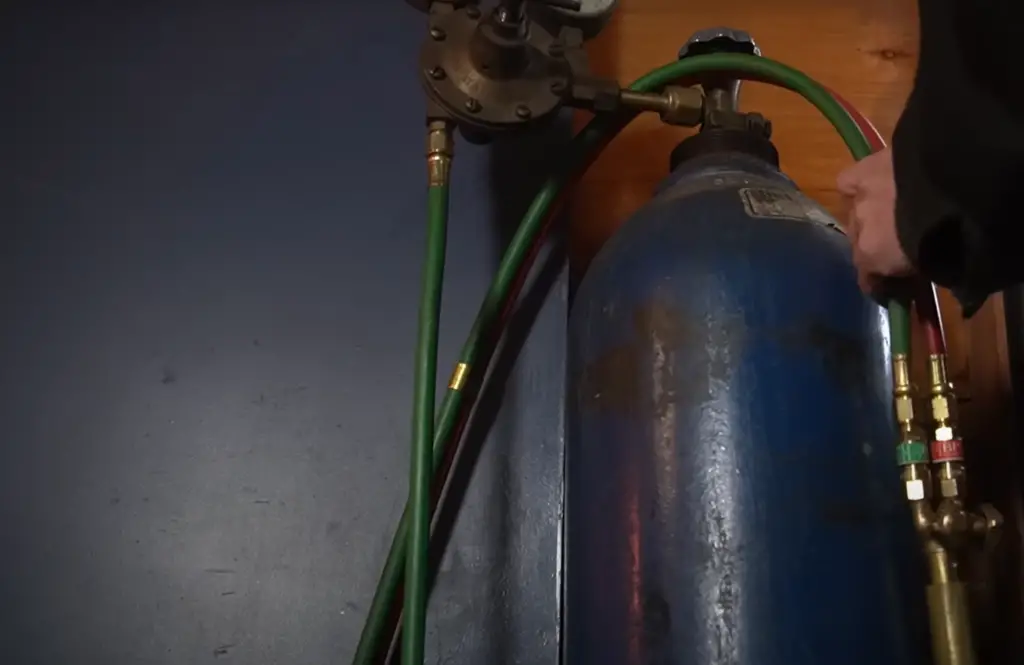
Here are some tips to help you maximize the value of a scrap engine:
Properly document the engine’s history and specifications
To maximize the value of a scrap engine, you should properly document its history and specifications. It includes keeping records of when the engine was manufactured when it was serviced, and any repairs that have been made. This information can be used to prove that the engine is in good working condition and that it has been properly maintained. It will also help potential buyers make an informed decision when considering a purchase.
Thoroughly clean and prepare the engine for sale
Before selling a scrap engine, it is important to make sure it is thoroughly cleaned and prepared for sale. It includes removing any rust, dirt, and debris from the engine.
Taking the time to properly clean and prepare the engine for sale will help ensure that it fetches the highest price.Negotiate with potential buyers
When selling a scrap engine, you should negotiate with potential buyers. It can be done by offering a discount if the buyer purchases multiple engines or offering to discount the price if the buyer pays in cash. Negotiating with potential buyers can help maximize the value of the engine by ensuring the seller receives the best possible price.
FAQs
How does recycling vehicle engines impact the environment?
Recycling vehicle engines has a positive impact on the environment [5]:
- The reuse of engines reduces the emissions of toxic substances that are released into the atmosphere when new engines are manufactured;
- Recycling engines conserves resources since it reduces the need for new materials, such as oil, to be extracted from the earth;
- The emission of greenhouse gasses is also reduced when vehicles with recycled engines are driven compared to vehicles with new engines. It is because recycled engines are more efficient and burn fuel more cleanly. With less fuel being burned, fewer pollutants are released into the atmosphere;
- Recycled engines are designed to be more efficient than their new counterparts, meaning they require less energy to operate. It helps reduce the amount of energy used by the vehicle, and in turn, reduces the amount of carbon dioxide released into the environment;
- It also reduces the need for landfill space. By not disposing of engines in landfills, it prevents the release of toxic chemicals and materials into the environment;
- When engines are recycled, they can be used to create new parts or to be used in other vehicles, meaning they are not lost forever.
Can I sell an old engine?
Yes, you can. You can sell an old engine, but you should understand the process and the implications:
- The first step is to assess the condition of the engine. If it is in good working order, then you may be able to sell it for a good price. However, if it is not in good condition or has been damaged, it may be difficult to find a buyer;
- Once you have determined the condition of the engine, you will need to decide how you are going to sell it. You can list it for sale online, such as on eBay or Craigslist, or you can list it in a local classifieds section. You will need to include a detailed description of the engine, including its make, model, and condition;
- Once you have listed the engine for sale, you need to be prepared to answer questions from potential buyers. You should be able to provide information about the engine, such as its maintenance history and any repairs or modifications that have been made;
- You will need to decide what price to ask for the engine. Keep in mind that the price you list should reflect the condition of the engine. If it is in poor condition, you may need to lower the price to make it more attractive to buyers.
How much does an engine weigh?
The weight of an engine will depend on the type of engine and the year it was made. Engines range from 200 to 700 pounds, but these figures can vary depending on the make, model, and size of the engine. Smaller engines, such as those used in motorcycles and lawnmowers, can weigh as little as 40 to 50 pounds. Larger engines, such as those used in boats and trucks, can weigh around 500 to 700 pounds [6].
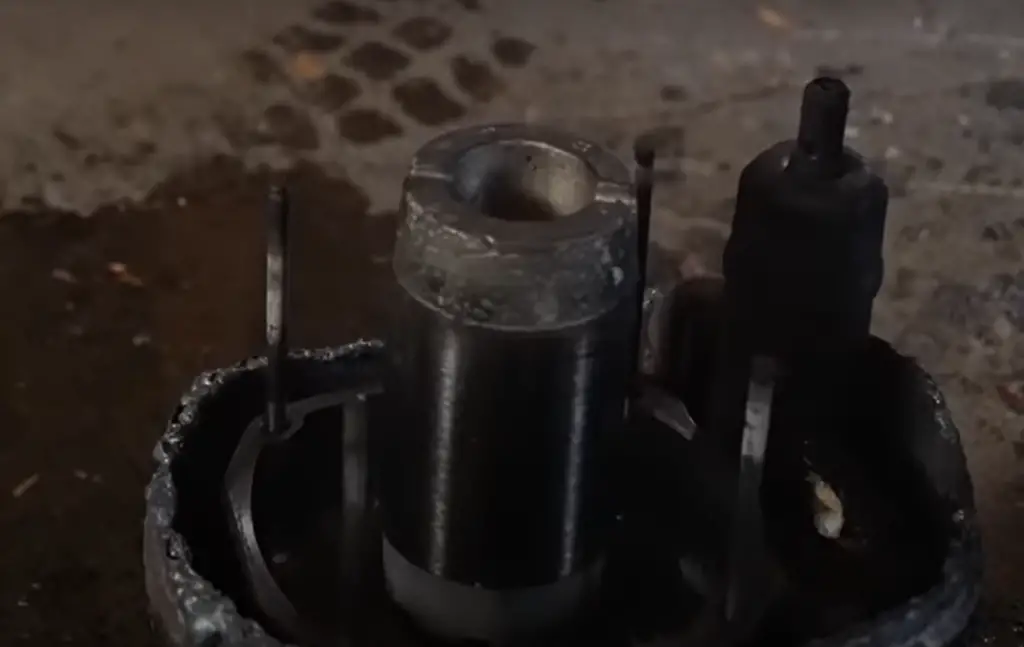
Modern engines tend to be lighter than older engines due to advances in engine technology. For instance, engines made with aluminum and other lightweight materials will be much lighter than those made with steel. Many modern engines have been designed to be more efficient, which also helps reduce their weight.
When it comes to determining the exact weight of an engine, you will need to consult the manufacturer’s specifications. The weight should be listed in the user manual or on the engine’s label. You can also contact the manufacturer directly for more specific information.
What’s the heaviest part of an engine?
The heaviest part of an engine is the crankshaft. It is because it is the part of the engine responsible for converting the up-and-down motion of the pistons into rotational motion. It includes several components, including the crankpins, main bearings, and connecting rods.
The crankpins and main bearings are usually made of forged steel and can weigh up to several hundred pounds. The connecting rods are made of forged steel. They can weigh up to a few dozen pounds.
Useful Video: How Much Is A Catalytic Converter Worth? Scrap Recycling Guide
Conclusion
The value of a scrap engine ultimately depends on the condition of the engine, the parts it contains, and the market for scrap metal. Although the price for scrap metal varies all the time, the value of scrap engines can range anywhere from a few dollars to a few hundred dollars. The cost of a scrap engine can be even higher if the parts are valuable and undamaged. In any case, you should understand the value of the engine before selling it to ensure you get the maximum amount of money for the scrap metal.
References:
- https://www.cohenusa.com/recyclable-items/engines/
- https://www.tireforge.com/how-much-is-an-engine-block-worth-in-scrap/
- https://www.scrap-car.co.uk/opinion/scrap-engine/
- https://getjerry.com/questions/how-do-you-dispose-of-an-old-car-engine
- https://logels.com/auto-parts-waterloo/car-parts-recycle-environmental-impact/
- https://studentlesson.com/how-much-does-a-car-engine-weigh/

